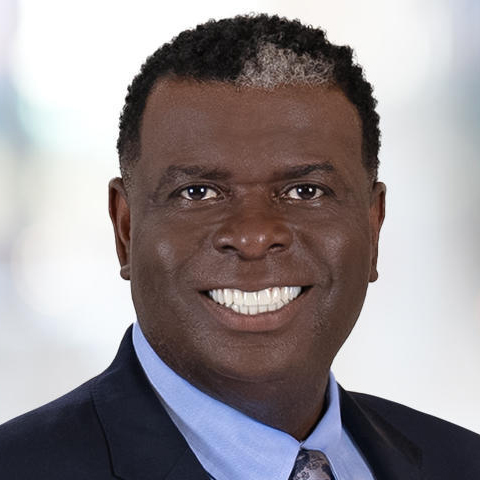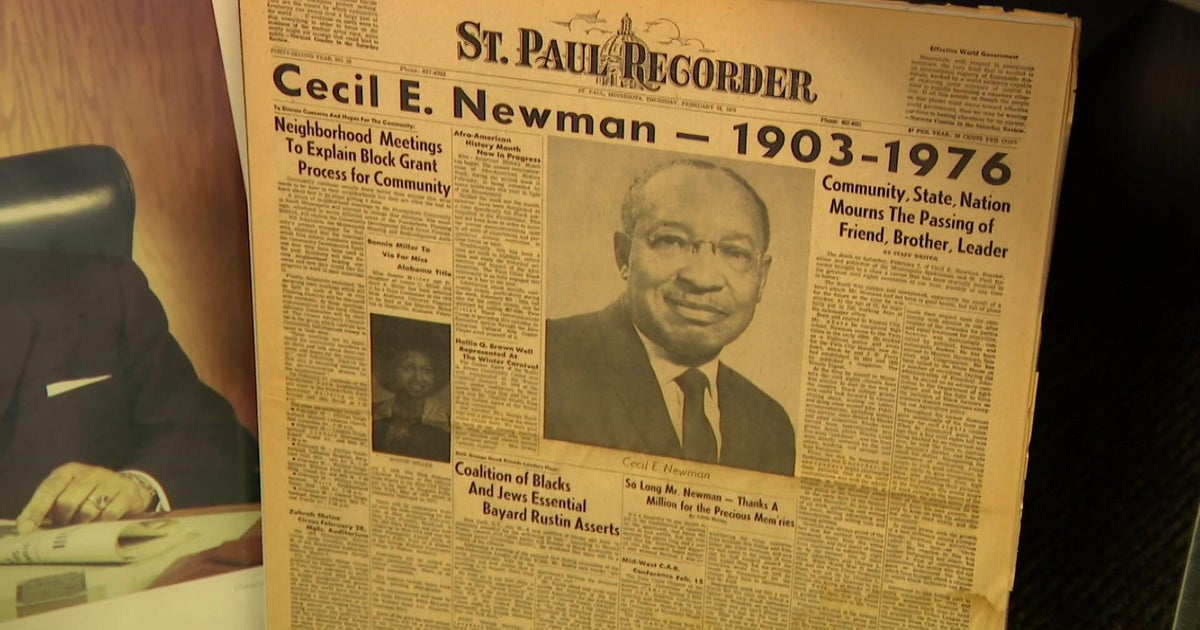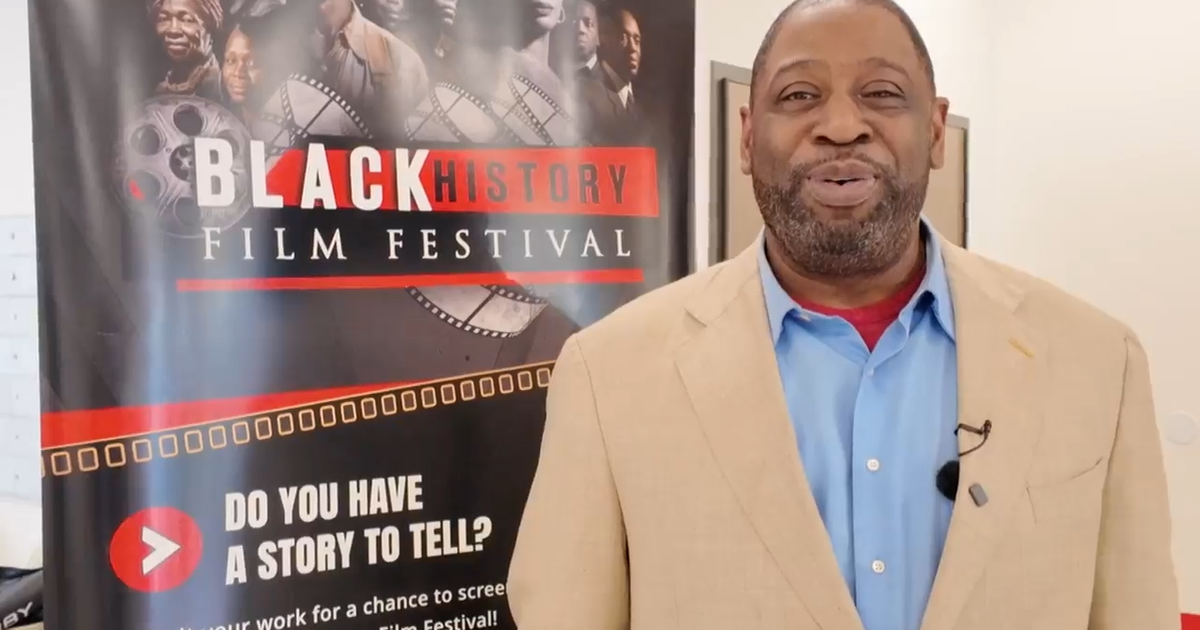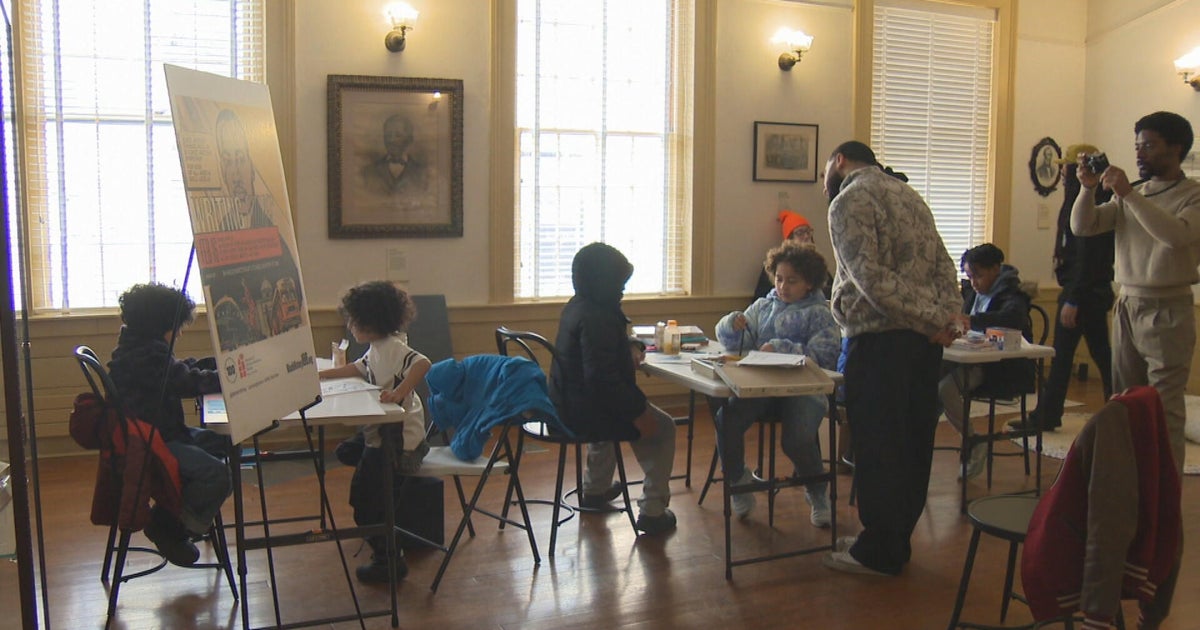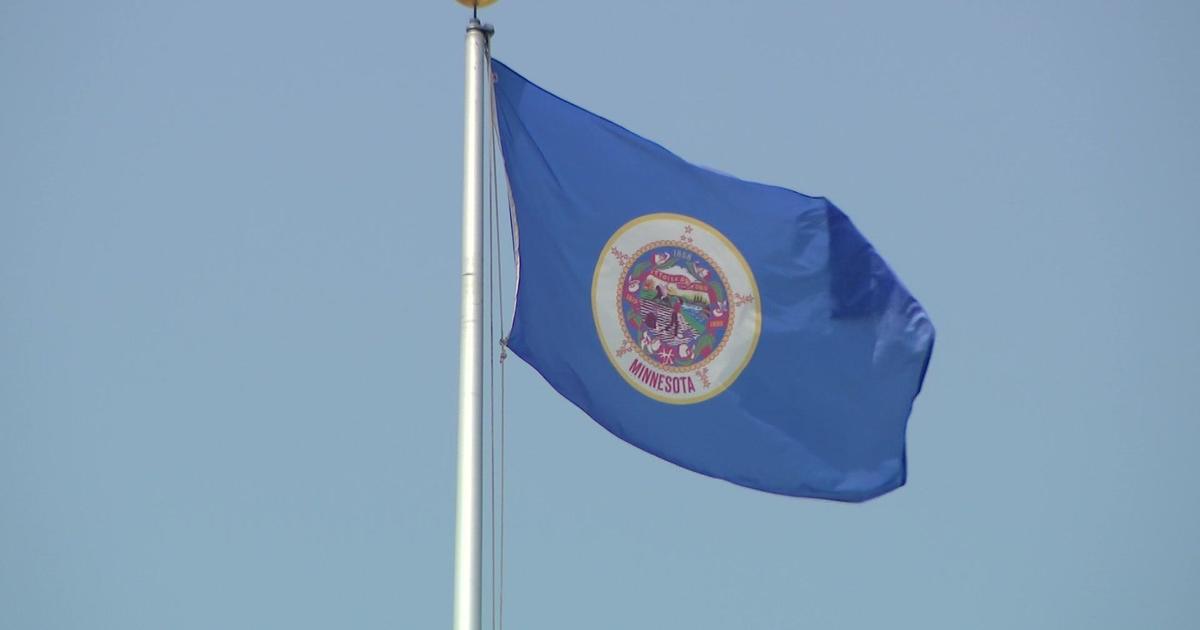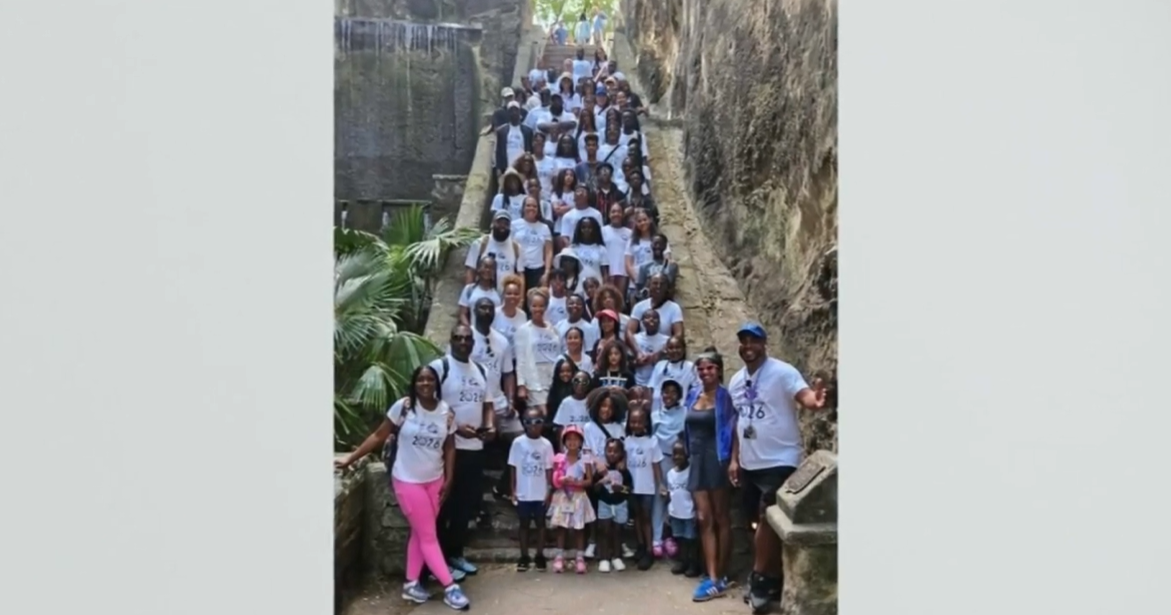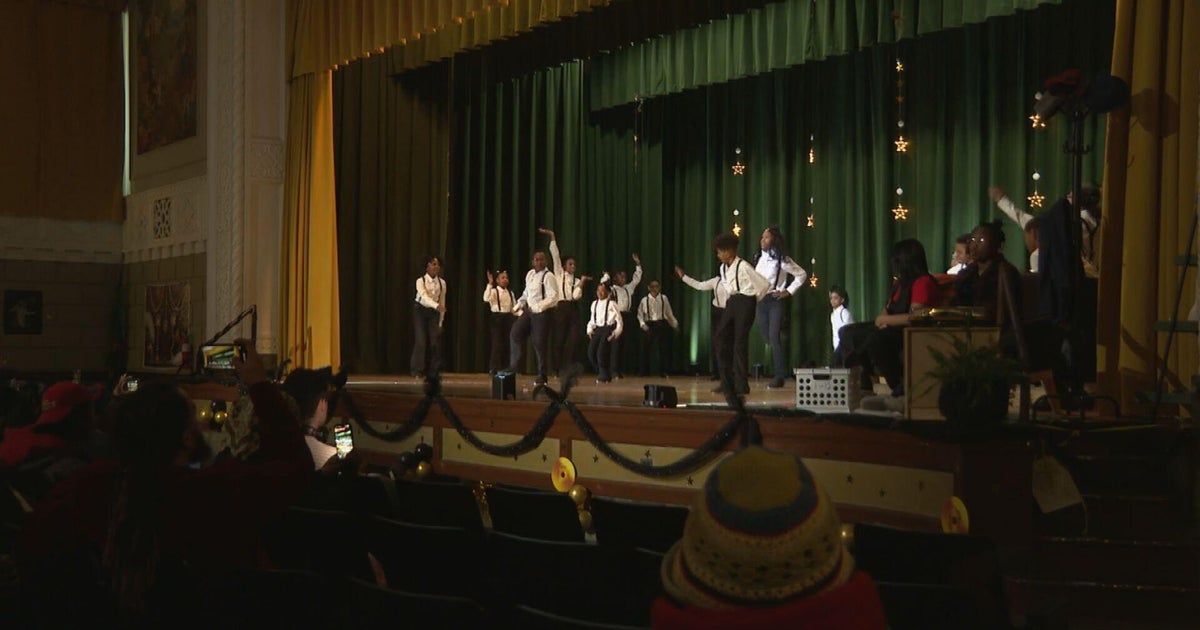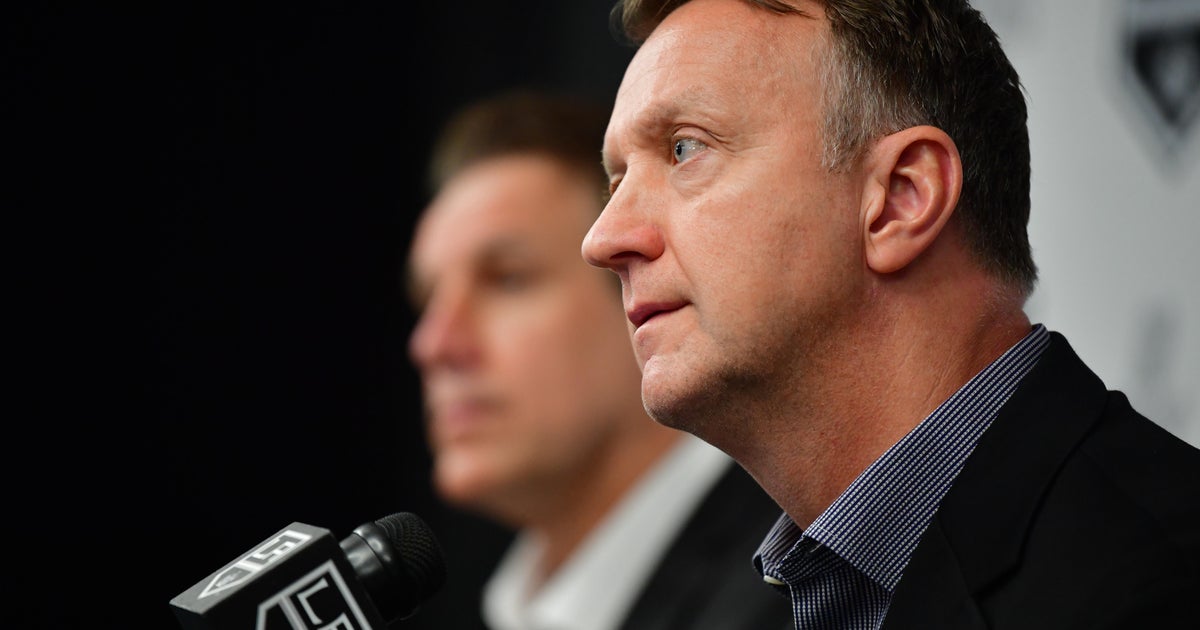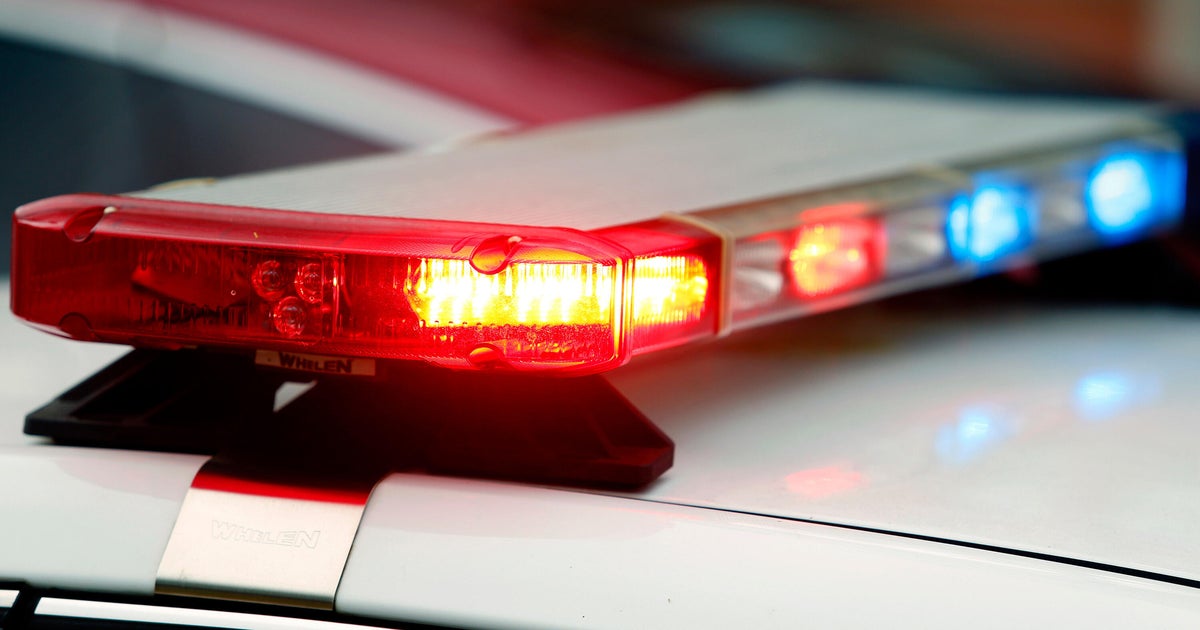The "rewarding moments" Dr. Martin Luther King Jr. experienced in his 1961 Mankato visit
MANKATO, Minn. – As we mark 60 years since the historic March on Washington, we're also taking a look back at Dr. Martin Luther King Jr.'s time in Minnesota.
He was in the Twin Cities at least twice, once in 1957 and again in 1967. And there was a 1961 trip to Mankato that was almost unknown until recently.
"I am certainly delighted to have the privilege of being in your community today, and to discuss with you one of the vital issues of our day," King said.
Dr. Henry Morris is vice president of Diversity, Equity and Inclusion at Minnesota State University, Mankato.
RELATED: Martin Luther King Jr.'s "I Have a Dream" speech continues to inspire 60 years later
"I was there for 10 years before I knew he visited Mankato," Morris said. "Mankato at that time was a bastion of liberalism."
Mankato's Wesley Foundation extended invitations for three years before Dr. King agreed to be a guest speaker.
"This is sort of a dash-in-dash-out visit for me. But, I have certainly spent some rewarding moments here in Mankato," King said.
Dr. King delivered two sermons at Centenary Methodist Church. Then it was standing room only for a speech at Mankato High School.
"The old order is passing away and the new order of freedom and justice is coming into being," King said.
The 1960 census records show that of the nearly 24,000 people living in Mankato at the time, eight were Black.
"There were a lot of young kids there, parents bringing their young kids in to see this icon," Morris said.
Dr. King outlined three challenges for the nearly all-White crowd: he first asked them to develop a world perspective, and then reject the idea of superior and inferior races — an ideal Dr. Morris says is still relevant.
"There would be more challenges today with his speech than there was back then," Morris said. "It has become alright again to be a public bigot."
Dr. King's third challenge was the need for action.
RELATED: How CBS News covered the March on Washington in 1963
"It is one thing for people of goodwill in the North to rise up with righteous indignation when a Negro is lynched in Mississippi or when a bus is burned in Anniston, Alabama with Freedom Riders," King said. "Those people of goodwill must rise up with as much righteous indignation when a Negro cannot live in their neighborhood simply because of his race."
Dr. Morris believes Dr. King would be distressed about the divisiveness in our country today.
"Trying to limit people's ability to vote. I think he would be very, very sad about that," Morris said. "He would be sad about … the ruling on affirmative action that the [U.S. Supreme Court] did."
He also holds hope that we can still learn from Dr. King.
"Don't try to pull back the walls and stuff and go back to times that you're not gonna be able to go back to," he said. "Figure how you work together to move this nation forward."
Recent efforts to commemorate the 1961 visit to Mankato include a plaque at the school where he spoke, as well as discussion events and a documentary.
RELATED: New film looks at Rev. Dr. Martin Luther King Jr.'s 1961 Mankato visit: "It stuck with them"
